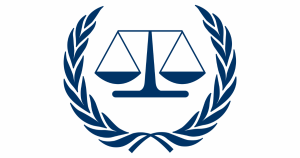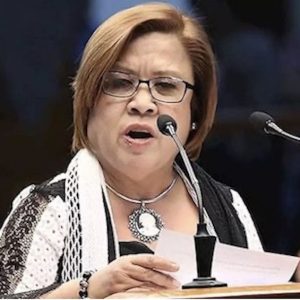Trial Chamber I of the International Criminal Court (ICC) today delivered a sentence of 14 years imprisonment against Thomas Lubanga Dyilo, founder and former commander in Chief of the Patriotic Forces for the Liberation of Congo (FPLC) and founder of the Patriotic Congolese Union in the Court’s first landmark trial. On 14 March 2012, he was found guilty of having committed the war crimes of enlisting and conscripting of children under the age of 15 years into the FPLC and using them to participate actively in hostilities for the period from September 2002 to August 2003.
Statement by Alison Smith, Legal Counsel of No Peace Without Justice:
“No Peace Without Justice (NPWJ) and the Nonviolent Radical Party, Transnational and Transparty (NRPTT) welcome today’s sentence of the International Criminal Court (ICC) as an important step for the recognition of children’s human rights, being the first time that the war crime of conscripting, enlisting or using of child soldiers to participate actively in hostilities has come to trial at the ICC.
“This decision sends an unequivocal message to all those who still conscript, recruit or use children in armed conflict, or who are thinking of doing so: think again, or put your own freedom at risk. The days when this crime will be overlooked are rapidly ending and everyone should consider today’s sentence a wake-up call in that respect.
“We call on all States that have not done so to ratify and implement the second optional Protocol to the UN Convention on the Rights of the Child, which will pave the way toward raising the maximum threshold age for the conscription, enlistment or use of children to 18. This would be the best way for the international community to amplify the meaning of today’s sentence and pay the best tribute to the victims, not only of Mr Lubanga but around the world.
“However, we regret that, due to the limited nature of the charges against Thomas Lubanga Dyilo, the conviction does not adequately represent the nature or the extent of the crimes committed by the armed groups under his command, particularly in relation to gender-based violence. As we previously stressed, this is a result of investigative strategies used by the Office of the Prosecutor (OTP), based on a failed idea that the ICC does not need an adequate presence in the field and can conduct its work from The Hague. In order to avoid similar discrepancies in the future, the court’s own investigators should invest sufficient time in the field, including through sustained engagement with human rights defenders on the ground.
“It is now essential that the ICC undertakes adequate outreach to victims and affected communities to explain the sentence and what the next steps are, including the reparation proceedings which ICC judges are expected to order soon. Enhanced victims participation is also a relevant way for the Court to fulfil the greatest part of its role: delivering a sense of justice and accountability to victims of crimes it investigates and prosecutes”.
For further information, contact Alison Smith on asmith@npwj.org or +32-2-548-3912 or Nicola Giovannini on ngiovannini@npwj.org or +32-2-548-3915.




